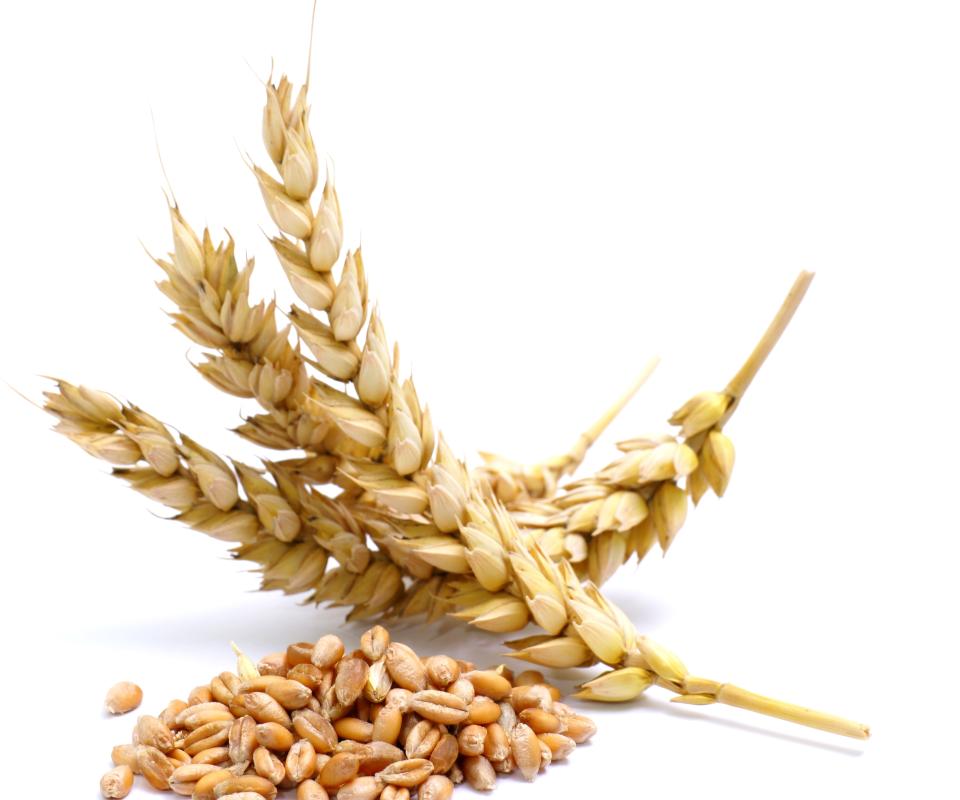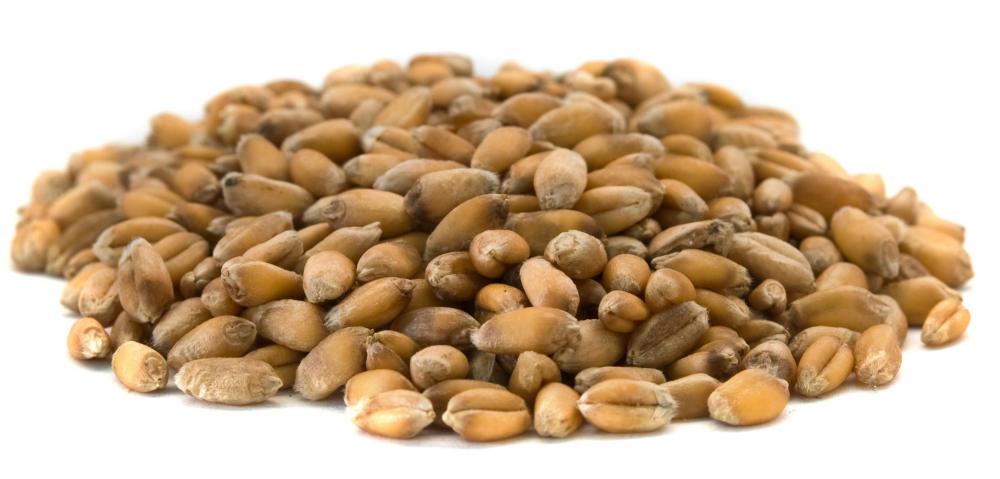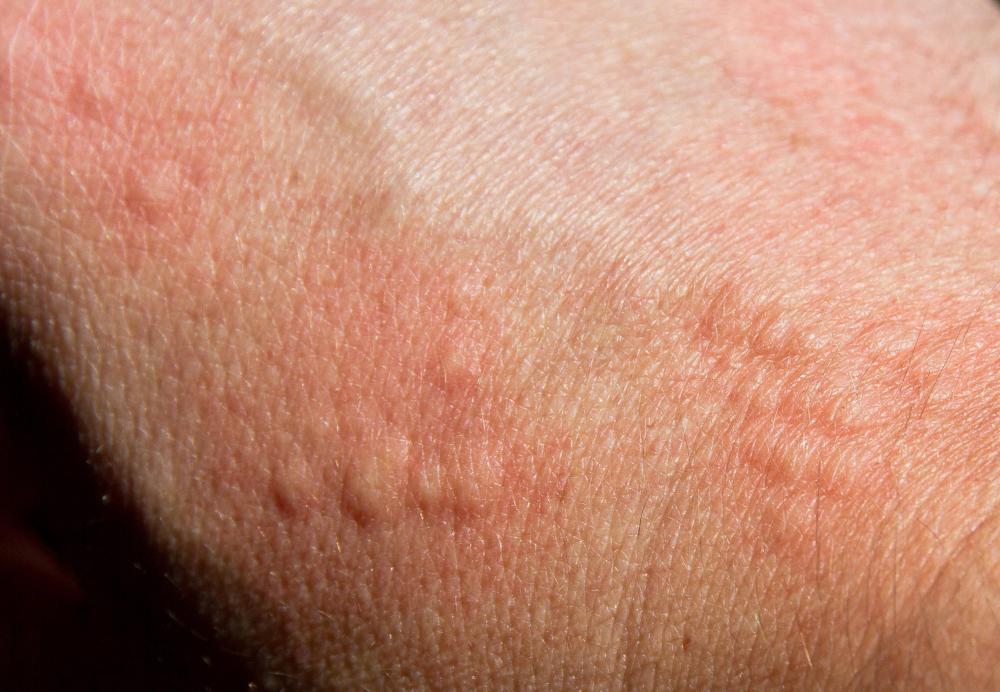At WiseGEEK, we're committed to delivering accurate, trustworthy information. Our expert-authored content is rigorously fact-checked and sourced from credible authorities. Discover how we uphold the highest standards in providing you with reliable knowledge.
What are the Most Common Wheat Allergy Symptoms?
A wheat allergy is a somewhat common food allergy in which the body responds negatively to various proteins in wheat. It is not the same as celiac disease, which involves a specific inflammation of the intestines, but it can be treated similarly with a gluten-free diet. Wheat allergy symptoms vary widely, but may include difficulty breathing, indigestion and nausea. Other symptoms may include skin reactions, such as eczema or hives; asthma, sneezing and headaches. Given the broad range of symptoms associated with wheat allergies, a single symptom will not usually point to a wheat allergy diagnosis. Even so, in some cases wheat allergy reactions can be fatal, so symptoms that point to wheat allergies should be observed carefully.
One of the most common wheat allergy symptoms is eczema. In some cases, hives may develop as well. Swelling is also common, and can be dangerous when it occurs in areas needed for breathing. Skin reactions are a good indicator of an allergy, and should be investigated carefully.

In many cases, wheat allergy symptoms may include digestive problems. A person may experience nausea, cramps, or even vomiting. It is also common to experience other digestive troubles, such as diarrhea or irritable bowel syndrome. People often intuitively stop consuming items that make them feel ill, but this is difficult with wheat because so many foods include wheat proteins discretely. Digestive symptoms, therefore, have the chance to escalate to quite serious levels.

Some people experience asthma, hay fever, sneezing, or coughing as a reaction to wheat. Less commonly, headache, arthritis, and other kinds of generalized pain are associated with this allergy as well. In some cases, a person may experience dizziness or lethargy. These symptoms are very general and should not be used in isolation to determine an allergy.

A wide variety of mental effects are sometimes associated with wheat allergies. For example, depression and mood swings are sometimes reported as wheat allergy symptoms. In many cases, these symptoms are related to an overall sense of constantly feeling unwell, which often makes people unhappy or depressed.
Wheat allergy symptoms often become more severe with repeated exposure. This is unpleasant, but it does often make it easier to determine what is causing symptoms over a period of time. In general, a person experiencing several of the wheat allergy symptoms should seek medical attention; even if the allergy is not to wheat, those symptoms are likely associated with some kind of condition that should be diagnosed by a medical professional.
AS FEATURED ON:
AS FEATURED ON:

















Discussion Comments
@literally45-- You're right, you don't have an allergy to wheat. If you did, your body would be producing histamines which would certainly lead to symptoms like skin rash, difficulty breathing and runny nose.
@literally-- Do you usually put on the weight around your waist and belly?
This is called "wheat belly," there is a doctor who has written a book on it and he suggests that the cause is wheat intolerance.
The argument is that since the body cannot tolerate wheat, consumption of it causes blood sugar spikes and histamine production which trigger all sorts of health problems and weight gain.
You can get a wheat allergy test to make sure, but I think that an elimination diet is an even better way to know if you're sensitive to wheat. You've already done that and know that wheat intolerance symptoms reduce when you eliminate wheat. I think that you do have a wheat allergy and it might be a good idea to avoid wheat permanently.
I know that I don't truly have an "allergy" to wheat. I don't experience the common gluten allergy symptoms like hives, nausea or indigestion. But when I eat wheat products, I gain a lot of weight, it might even be water retention, I'm not sure. When I avoid wheat, I feel much better in general and my weight drops rapidly.
Could this be a sensitivity to wheat or a mild allergy?
Post your comments